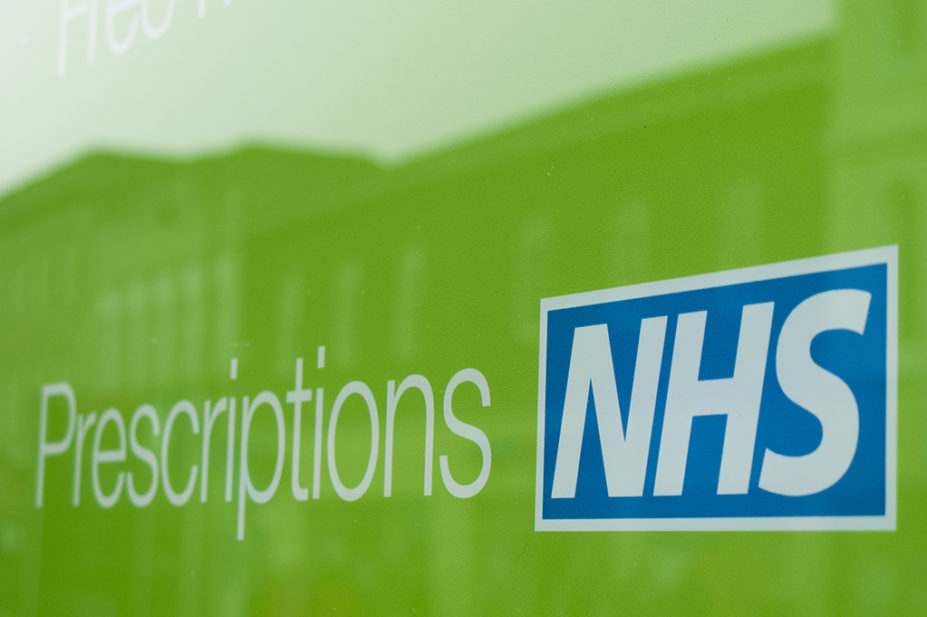
Shutterstock.com
Pharmacists are being put in a “critical” situation trying to source common medicines, which is putting pressure on the sector and risking patients’ health, a survey of more than 1,500 UK pharmacists has revealed.
The Pharmaceutical Journal’s annual salary and job satisfaction survey, carried out in July 2022, found that 847 out of 1,562 (54%) UK-based pharmacists working in all sectors of the profession answered ‘Yes’ when asked if medicines shortages have put patients at risk “in the past six months”.
Some 330 (21%) of the respondents answered ‘No’ to the same question, while 385 (25%) responded with ‘Don’t know’.
In recent weeks, pharmacists have had to cope with shortages of crucial painkillers, hormone replacement therapy (HRT) and osteoporosis drugs, and talks have begun with pharmacy leaders and the government about ways to ease the problem (see Box).
Respondents to the survey recounted numerous examples where patients had been unable to obtain medicines, despite, in some cases, trying multiple pharmacies.
One pharmacist working in a GP practice in England said they were “always firefighting”.
“Presently, hardly a week goes by without at least one pharmacy asking us to give an alternative,” they added. “Such requests are often not easy to navigate and can sometimes be quite dangerous. It creates a lot of stress to both patients and professionals alike.”
Another pharmacist, who works at a children’s hospital in England, said that problems with variable supply of nutritional products was putting patients at risk.
“We had to ration it, and this has potentially put patients at risk of vitamin deficiencies,” they said.
Another hospital pharmacist in England said shortages of certain medicines for palliative care patients were causing problems. “There was no alternative for one patient who had to deal with an additional symptom in his last days of life due to lack of available treatment.”
In a statement published on 20 July 2022, the Pharmaceutical Services Negotiating Committee (PSNC) said many pharmacies face “a critical situation trying to source medicines in [a] timely manner”.
Mike Dent, director of pharmacy funding at the PSNC, said: “We are becoming increasingly concerned about medicine supply issues and the very serious impact this is having on both community pharmacy teams and their patients.
“Our own pharmacy pressures survey confirmed the consequences of the issues pharmacy teams are now facing, with two-thirds of respondents telling us that medicines supply chain issues are now a daily occurrence, and 97% reporting that this led to frustration from patients.”
In February 2022, the PSNC attributed a spike in price concessions to COVID-19-related staff absences, changes in trading post-Brexit and increases in oil prices.
A spokesperson for the National Pharmacy Association added that pharmacists were going to great lengths to source medicines for patients, but it was not always possible.
“Delays are always inconvenient and frustrating, and they can also sometimes be a risk to the patient’s health,” they said.
“Pharmacists should be given greater flexibility to take decisions at the point of care to manage medicine supplies.”
In May 2022, the government issued 13 serious shortage protocols for HRT products, enabling pharmacists to restrict the amount supplied to patients or make substitutions without having to consult the patient’s GP.
However, pharmacy organisations, such as the Royal Pharmaceutical Society, have called for pharmacists to be able to make minor changes to all prescriptions if they need to, such as offering a different quantity or formulation, to mitigate the impact of shortages on patients.
A spokesperson for the Department of Health and Social Care said medicine supply problems can be owing to manufacturing difficulties, regulatory problems and problems with the supply of raw materials, or from issues which are related to the distribution of the product.
“Patient safety is a priority and we routinely share information about medicine supply issues directly with the NHS so they can put plans in place to reduce the risk of any shortage impacting patients, including offering alternative medication,” they said.
“We have well-established procedures to deal with medicine shortages and work closely with industry, the NHS and others to prevent shortages and resolve any issues as soon as possible.”
Box: Examples of recent medicines shortages
- Earlier in August 2022, community pharmacists told The Pharmaceutical Journal that shortages of the osteoporosis medicine alendronic acid are contributing to medication errors, owing to confusion when switching patients to alternative treatments;
- On 8 August 2022, the government issued a medicine supply notification for insulin isophane biphasic human 50/50 (Insuman Comb 50; Sanofi) 100units/mL suspension for injection 3mL cartridge;
- On 3 August 2022, the government warned hospital trusts to conserve stock of some thrombolytic drugs, including alteplase, which it said should be saved “for patients with acute ischaemic stroke, given the lack of an alternative and the significant risk of harm without receipt of treatment”;
- On 3 August 2022, the government issued a medicine supply notification for aripiprazole 10mg tablets — an antipsychotic used to treat certain mental illnesses, such as bipolar disorder and schizophrenia;
- On 3 August 2022, the government issued a medicine supply notification for fluticasone 125 microgram/salmeterol 25 microgram (Combisal; Aspire Pharma) pressurised metered dose inhaler;
- On 14 July 2022, the government issued a medicine supply notification ahead of the discontinuation of paroxetine (Seroxat; GSK) 20mg/10mL oral suspension, which experts said could affect patients in the process of tapering off the drug;
- On 6 July 2022, the government issued a medicine supply notification for the antihistamine promethazine hydrochloride 25mg tablets;
- On 11 July 2022, the government issued a medicine supply notification for three buserelin products, used primarily in the treatment of prostate cancer and endometriosis.
- On 30 June 2022, the government issued a medicine supply notification for eletriptan (Relpax; Upjohn UK) 20mg tablets indicated for treating migraine headaches;
- On 6 June 2022, the government issued a medicine supply notification for hydrocortisone 2.5mg muco-adhesive buccal tablets, used for the treatment of mouth ulcers;
- Epidural kits and the short-acting opioid remifentanil, both of which are used for pain relief during childbirth, faced supply issues as of 25 May 2022 and 8 June 2022, respectively.


